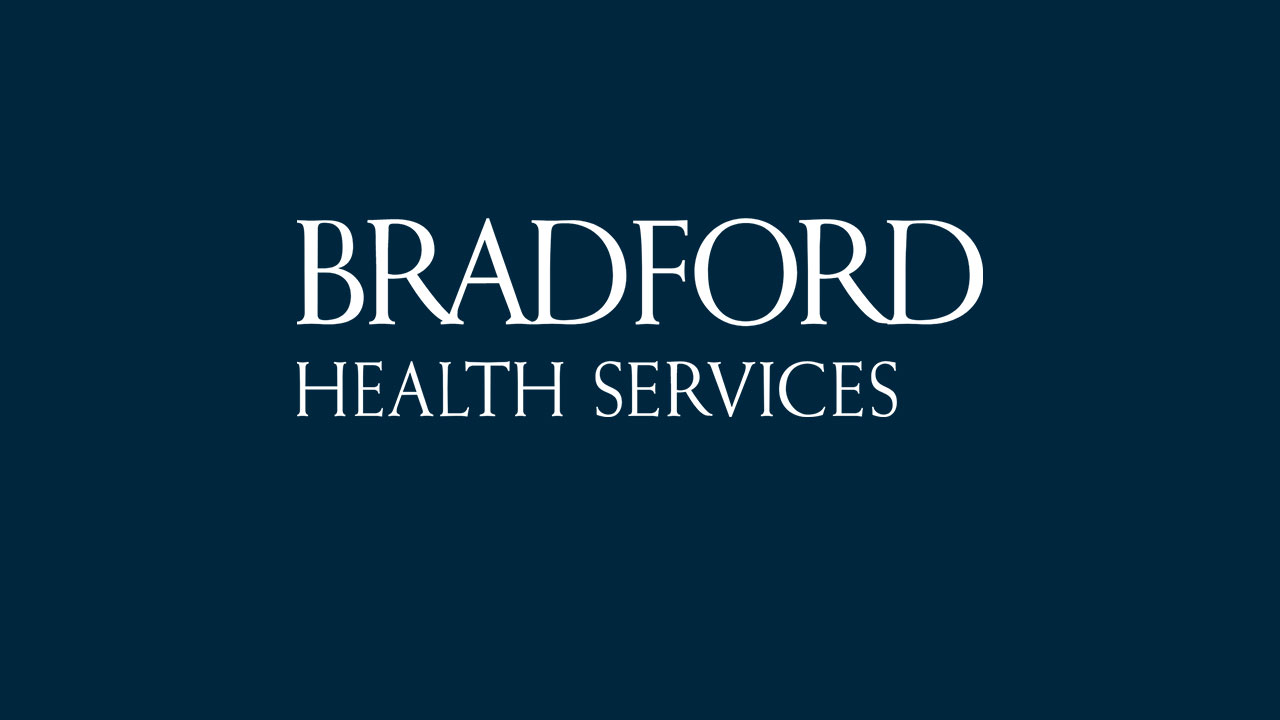
The 2010 National Survey on Drug Use and Health (NSDUH) estimated that 2.4 million Americans abused prescription drugs for the first time within the past year. More than one half of them were female, and two-thirds of those were over the age of 17. That means approximately 800,000 adult females began abusing prescription drugs that year. That’s 2,191 women a day. Even more troubling, while prescription drug abuse among women is on the rise, they are receiving treatment for addiction less frequently than men. What is driving this disturbing trend and how can we stop it?
One possible reason is that women are more inclined to voice their concerns to a medical professional than men, and therefore are more likely to receive a prescription. Anti-depressants, painkillers, and ADD/ADHD drugs are the most commonly abused classes of prescription medication. While the initial complaint may be valid and the prescription may be medically appropriate, these medications are incredibly habit-forming. Many of the women who become addicted to prescription medication would never turn to illicit drugs or alcohol as a means of coping. With a prescription in hand, however, the taboos we associate with addiction disappear.
These medications, especially pain relievers, are often short-term solutions to a temporary problem. If you are receiving good medical care for an acute condition, at some point, your doctor will discontinue the prescription. Oftentimes, doctors will gradually increase and then decrease the dose, so your body can easily adjust. If you and your doctor do not realize you have developed a dependency, however, you can quickly begin a downward spiral of prescription drug abuse or addiction. In that case, the options you are left with abusing other substances or seeking out your drug of choice.
Abusing other substances or using mulitple drugs, called polysubstance abuse, is an undeniable sign you are sliding down addiction’s slippery slope towards your own personal rock bottom. It is still possible to stop the progression of your addiction. You can seek help or a loved one can usher you towards treatment, as long as you don’t let denial block your way to recovery. If your alcohol consumption increases or you begin to experiment with drugs, you should be concerned about your addictive behavior. Far more subtle is drug seeking.
Drug seeking is a high-risk activity, but can easily be justified by an addict. For example, you tell yourself you are merely getting a second opinion, which can rapidly lead to third, fourth, or fifth opinions, so you can obtain the prescription you want. You may neglect details of your medical history, including your prior use of the drug, and rationalize it away as something merely forgotten or unimportant. Worse than that, you may even exaggerate or flat-out lie about symptoms so your diagnosis is inevitable and guarantees you receive the medication you seek. Even the savviest of doctors do not always catch these behaviors. If you have the bad luck of receiving lax medical care, you may not need to do any of these things and can just return to the same doctor over and over again. How can you tell the difference between medical necessity and addiction? If you find yourself visiting more than one doctor, taking more than is prescribed, or being dishonest during an exam, you should seek professional help.
Addiction has many root causes, and it is difficult to say with any certainty what is primarily responsible for this new epidemic of women and prescription drug abuse. Women need to be proactive and vigilant about their medical care. You should always disclose if you or a family member has a history of addiction. Also, any time you are prescribed a medication, you should ask if the drug is habit forming and how long your doctor anticipates you will be taking it. Initiating a discussion about addiction and educating yourself on appropriate medical care are two easy things you can do to prevent addiction from casting a shadow over your life.
Related Content


